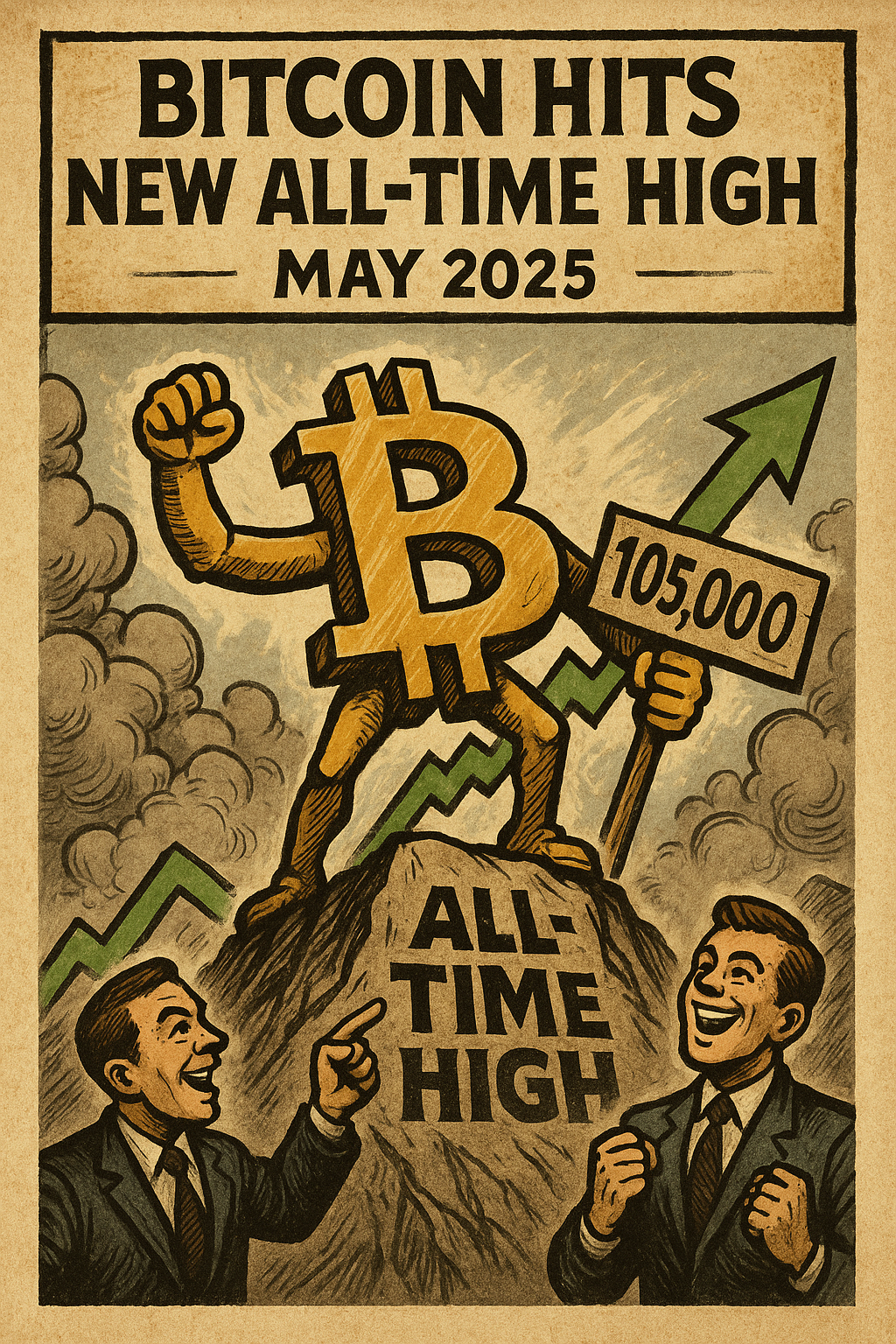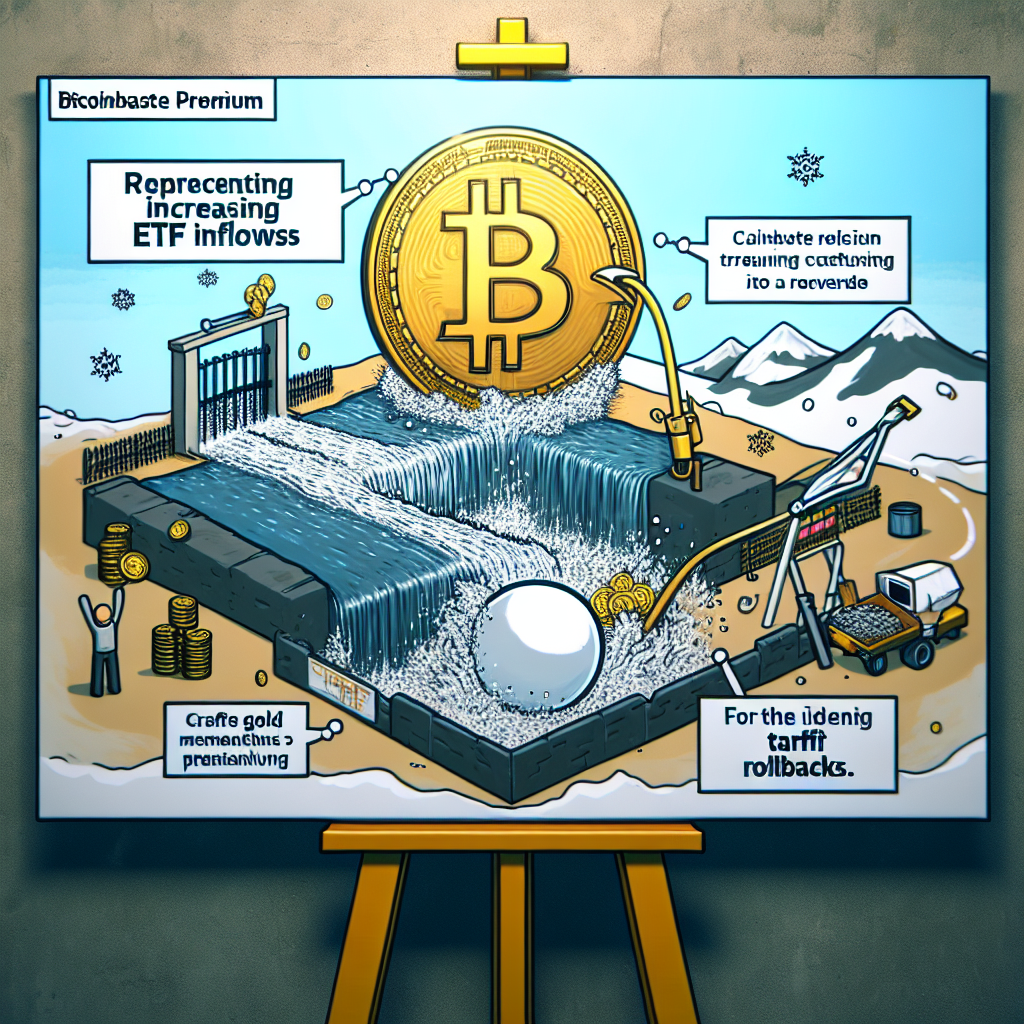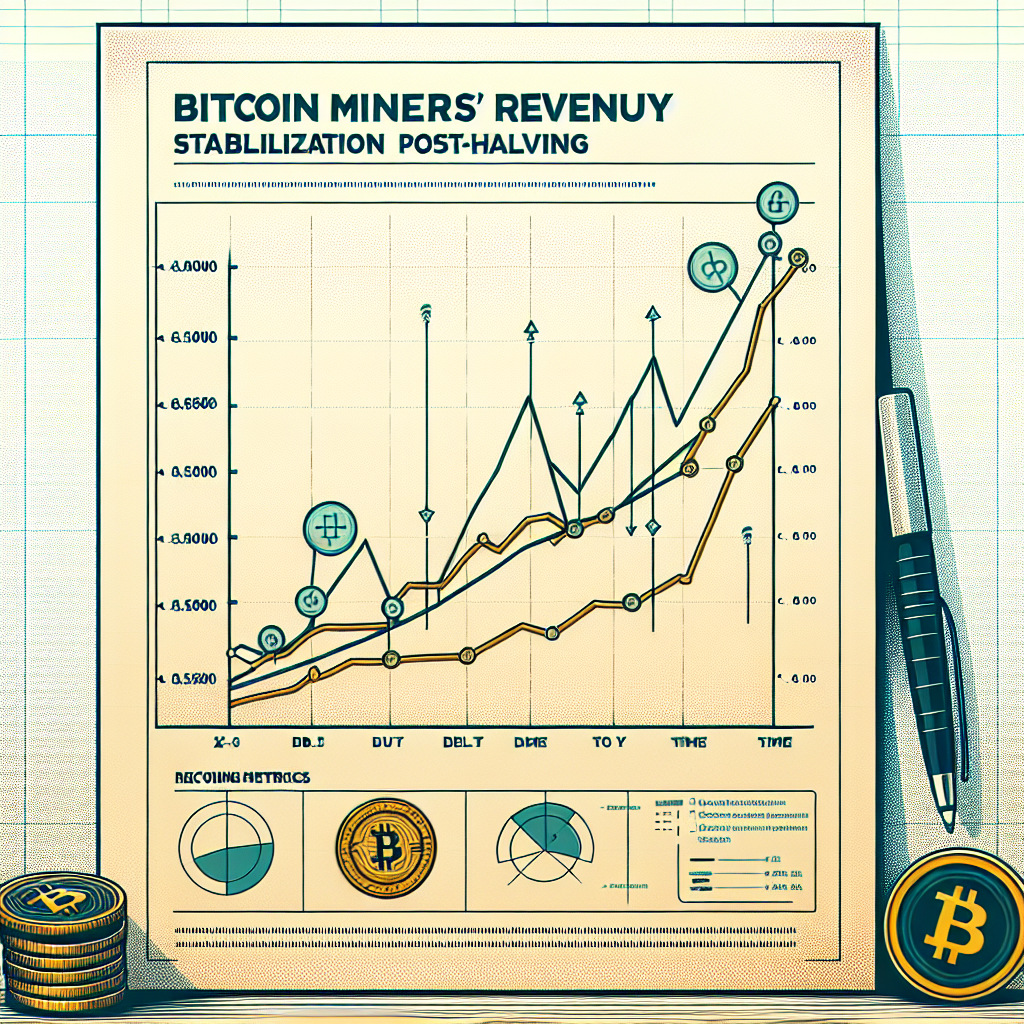Introduction
Meta, formerly Facebook, is tiptoeing back into the crypto world—this time, not with its own coin, but by adopting someone else’s. After its ill-fated Libra/Diem project crumbled under regulatory pressure, Meta now seems to have learned a valuable lesson: don’t build the money, just move it.
But what does this pivot actually mean? Is Meta helping decentralize finance—or simply shifting control from governments to platforms?
Background & Details
● A Different Kind of Crypto Move
Meta is reportedly preparing to integrate stablecoin payments into Facebook and WhatsApp, using external coins like USDC, USDT, and possibly PYUSD.
The aim? Enable creators to receive tips and payments easily, especially in developing countries where traditional banking infrastructure is lacking.
No Libra, no minting. Just plugging into existing rails. How…humble.
● Why Stablecoins?
- Creator monetization: Reward livestreams, reels, and posts without messy banking
- Financial inclusion: Serve billions of unbanked users in regions like Africa and Southeast Asia
- Dollar without Borders: Stablecoins mean dollar-based value without needing dollar-based systems
Ironically, while Meta steps away from making a new global currency, it’s still spreading the influence of the old one: the US Dollar.
Analysis & Lessons
Libra was once Meta’s attempt to rewrite the monetary rules. It failed. Not because it was technologically flawed—but because governments don’t like being out-governed.
Now, Meta’s crypto strategy is regulatory judo: adopt existing stablecoins backed by traditional institutions. Safer. Legal. But also… less revolutionary.
This is not decentralization—it’s delegated control dressed in Web3 clothing.
Let’s be honest: sending USDC on WhatsApp is convenient. But it’s not changing the world. It’s just optimizing it.
And who benefits from optimization? Usually, the optimizer.
Conclusion
Meta’s crypto comeback isn’t about building new value—it’s about controlling how value flows.
By embedding stablecoin payments into its apps, Meta positions itself not as a central bank, but as a central platform. And in the digital age, who controls the platform, controls the money.
This might not be a return to crypto idealism. But it’s certainly a sign that Big Tech isn’t done with blockchain.
Let the next round of Web2.5 begin.





